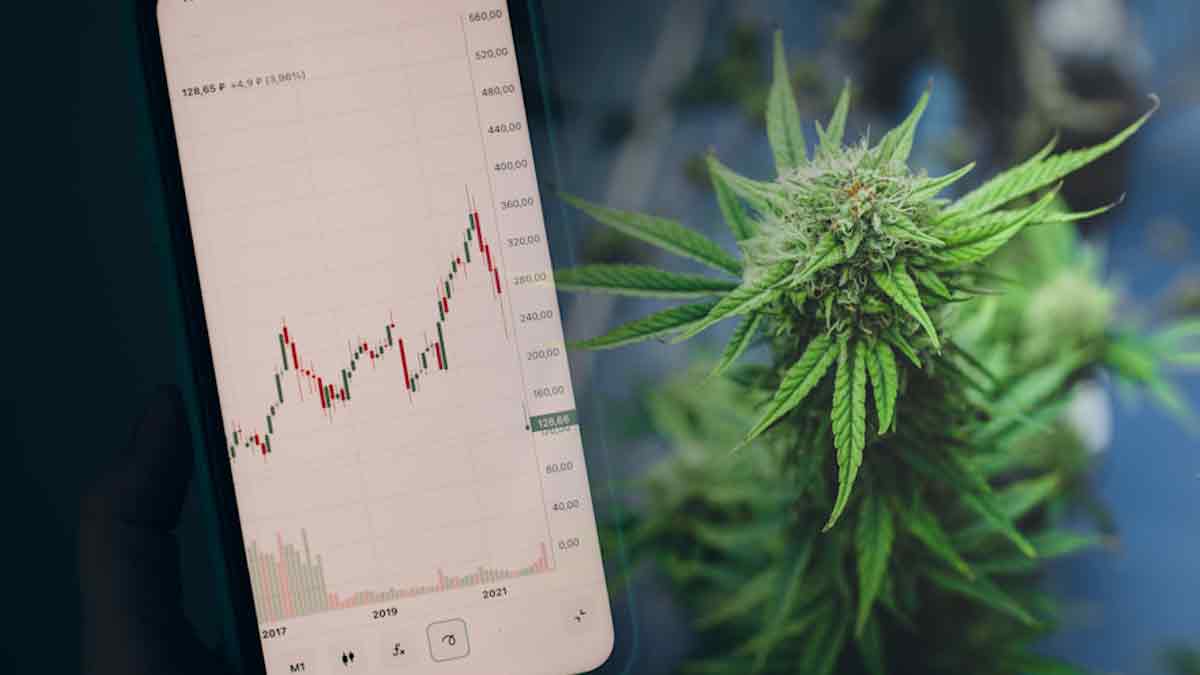More than two years after Washington state initiated the sale of legal marijuana, they have been planning to test marijuana for banned pesticides on more regular basis. The increased screening is expected to start early next year and will test and review marijuana where regulators have reason to assume illegal pesticides have been used.
“Testing for pesticides is a complex and costly process,” Rick Garza, the board’s director, stated “Labs need specialized equipment and highly-trained staff to carry out the tests. This agreement will satisfy those obstacles. It will send a strong message to any producer applying illegal pesticides that they will be caught and face significant penalties, including possible cancellation of the license.”
Washington has demanded to test for mold and other contaminants since Washington State allowed the sale of recreational marijuana back in 2014. But like Colorado and Oregon, the other two states with recreational marijuana sales, it has struggled to figure out how the best ways to regulate and test for pesticides.
The three states have lists of pesticides that are presumed OK to cultivate marijuana with, but so far no state of the 3 is administering regular tests for banned pesticides, which has increased public health concerns even though there’s little or no evidence of people becoming sick because of pesticides in legal marijuana products.
In Oregon and Colorado, certified laboratories will test for pesticides along with other contaminations, however, the labs are still being accredited to handle those tests. In Washington, private, accredited labs administer tests for mold, bacteria, insects and potency – but not pesticides.
After the first legal, recreational marijuana grows were licensed in early 2014, the state has conducted close to 50 investigations of pesticide misuse, stated Justin Nordhorn, chief of enforcement with the Liquor and Cannabis Board. By contrast, the new equipment will allow the state to screen 75 samples per month for more than 100 unapproved pesticides, with results coming back in 15 to 30 days.
“This should be a real game-changer for the industry in terms of public safety,” said Agriculture Department spokesman Hector Castro. “They’re on notice that we’re going to be on the lookout for this.”
MAPH Enterprises, LLC | (305) 414-0128 | 1501 Venera Ave, Coral Gables, FL 33146 | new@marijuanastocks.com










